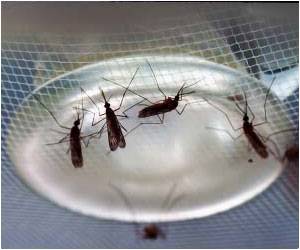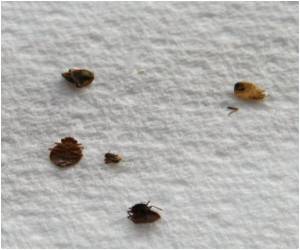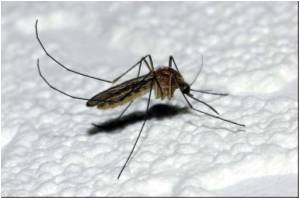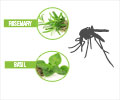A single molecular door, which is a key target for insecticides was believed to be responsible for giving disease-carrying mosquitoes an upper hand.
However, things are about to change thanks to a team of researchers from Michigan State University, who have, in their new study, discovered a new gateway that could successfully turn the tide against the growing advantage of disease-carrying mosquitoes.For years, the only truly effective insecticide used against mosquitoes, something which even the World Health Organisation uses, is the pyrethroid insecticide. They have been used extensively in developing countries as a preventive measure for many mosquito-bred illnesses like dengue, malaria and more.
“Our finding may ultimately improve global prediction and monitoring of pyrethroid resistance in mosquitoes and other arthropod pests”, says researchers.
"Pyrethroids are effective because they eliminate mosquitoes while having few if any side effects on humans," MSU electrophysiologist and one of the lead authors, Yuzhe Du, explained. "Our discovery of a second receptor in the mosquitoes' sodium channel gives us a better understanding of how the insecticide works at a molecular level as well as could lead to ways to stem mosquitoes' resistance to pyrethroids."
Pyrethroids basically work by opening the mosquito’s sodium channel. This molecular door, which is jammed wide open, causes the cells to gulp down sodium, which further overexcites the nervous system of the mosquitoes, finally causing sodium overdose leading to paralysis and death.
With the fast-growing detection of insecticide resistance in many countries today, a reliable insecticide was much needed. The discovery of a new receptor in the sodium channel has thankfully, further increased the effectiveness of pyrethroids.
This new discovery could have major benefits for farming and pest-control industry. It could also largely affect people’s lives, particularly in the developing countries.
Source-Medindia










